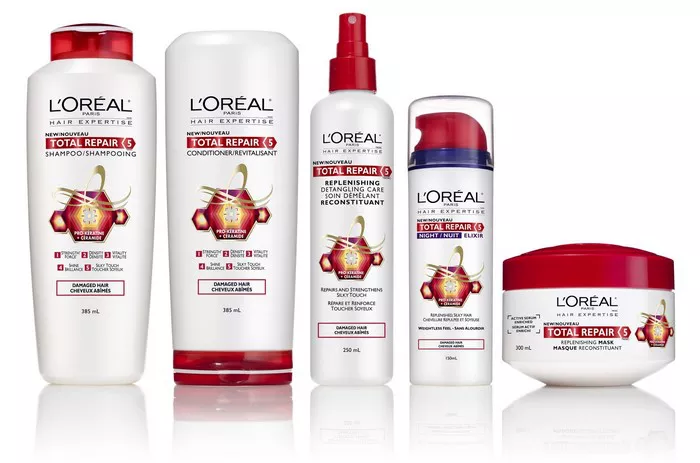Understanding Dandruff:
Dandruff, a common scalp condition, affects millions worldwide, causing irritation, embarrassment, and discomfort. Characterized by the shedding of dead skin cells from the scalp, dandruff often presents as white flakes on the hair and shoulders. While its exact cause remains elusive, factors such as dry skin, fungal infections, seborrheic dermatitis, and sensitivity to hair care products contribute to its occurrence.
Treatment Options:
Combatting dandruff requires a multifaceted approach, with various treatment options available to address its underlying causes. Over-the-counter (OTC) shampoos, medicated treatments, and natural remedies offer relief for mild to moderate cases, while severe dandruff may necessitate prescription medications.
1. OTC Shampoos: Anti-dandruff shampoos are widely accessible and effective in managing mild dandruff. Formulated with active ingredients like zinc pyrithione, selenium sulfide, ketoconazole, or coal tar, these shampoos work by targeting the fungus responsible for dandruff or reducing scalp inflammation.
2. Medicated Treatments: For persistent or severe dandruff, medicated treatments prescribed by a dermatologist may be necessary. These may include prescription-strength shampoos, corticosteroid creams, or antifungal medications to alleviate symptoms and control flare-ups.
3. Natural Remedies: Some individuals opt for natural remedies to address dandruff, such as apple cider vinegar, tea tree oil, or coconut oil. While research on their efficacy is limited, anecdotal evidence suggests that these remedies may offer relief for some individuals.
Active Ingredients:
The effectiveness of anti-dandruff products hinges on their active ingredients, each targeting dandruff in distinct ways.
1. Ketoconazole: An antifungal agent, ketoconazole effectively combats the yeast responsible for dandruff, providing relief from itching and flaking.
2. Zinc Pyrithione: With its antimicrobial properties, zinc pyrithione targets the fungus Malassezia, inhibiting its growth and reducing dandruff symptoms.
3. Salicylic Acid: This keratolytic agent aids in the shedding of dead skin cells, unclogging hair follicles and preventing the buildup of flakes on the scalp.
Application Tips:
To maximize the efficacy of anti-dandruff treatments, proper application is key.
1. Follow Instructions: Adhere to the manufacturer’s guidelines regarding frequency of use and duration of application for optimal results.
2. Massage into Scalp: When using anti-dandruff shampoos or treatments, massage the product gently into the scalp to ensure thorough coverage and penetration.
3. Rinse Thoroughly: Rinse the hair and scalp thoroughly after application to remove any residue and prevent product buildup, which can exacerbate dandruff.
Preventative Measures:
While treating dandruff is essential, implementing preventative measures can help minimize its recurrence.
1. Maintain Good Hygiene: Wash your hair regularly with a gentle shampoo to remove oil, dirt, and dead skin cells from the scalp, reducing the risk of dandruff.
2. Balanced Diet: A balanced diet rich in vitamins, minerals, and omega-3 fatty acids promotes scalp health and may help prevent dandruff. Incorporate foods like fruits, vegetables, lean proteins, and fish oils into your diet.
3. Stress Management: Stress can exacerbate dandruff symptoms, so practice stress-reduction techniques such as meditation, yoga, or deep breathing exercises to promote overall well-being.
When to See a Professional:
While mild dandruff can often be managed with OTC treatments and home remedies, persistent or severe cases warrant professional attention.
1. Chronic Symptoms: If dandruff persists despite OTC treatments or recurs frequently, consult a dermatologist to determine the underlying cause and explore alternative treatment options.
2. Severe Discomfort: If dandruff is accompanied by severe itching, inflammation, or open sores on the scalp, seek medical advice promptly to prevent complications.
Product Recommendations:
With an array of anti-dandruff products on the market, selecting the right one can be daunting. Here are a few well-reviewed options to consider:
1. Head & Shoulders Clinical Strength Shampoo: Formulated with 1% selenium sulfide, this medicated shampoo effectively targets dandruff and provides long-lasting relief from itching and flaking.
2. Nizoral Anti-Dandruff Shampoo: Featuring ketoconazole as its active ingredient, Nizoral shampoo treats the underlying cause of dandruff, controlling fungal growth and restoring scalp health.
3. Neutrogena T/Sal Therapeutic Shampoo: With 3% salicylic acid, this shampoo exfoliates the scalp, removing dead skin cells and preventing dandruff buildup for a clearer, healthier scalp.
In conclusion, dandruff, while bothersome, is a manageable condition with various treatment options available. By understanding its causes, choosing appropriate treatments, and adopting preventive measures, individuals can achieve a flake-free scalp and regain confidence in their hair’s health and appearance.


